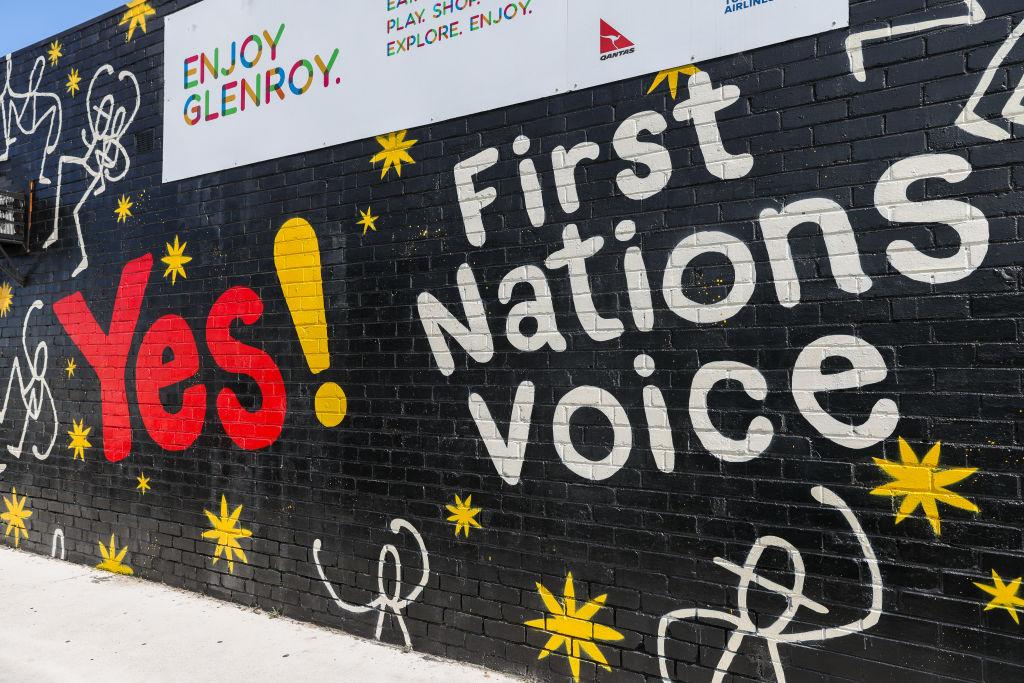The Indigenous people of central Queensland have been awarded title over their ancestral land after a Federal Court ruling.
Three groups, the Barada, Kabalbara and Yetimarala Peoples now have the right to “possess, occupy, use and enjoy the lands and waters” of the vast 7,512 square kilometre (4667 square miles) plot of land.





